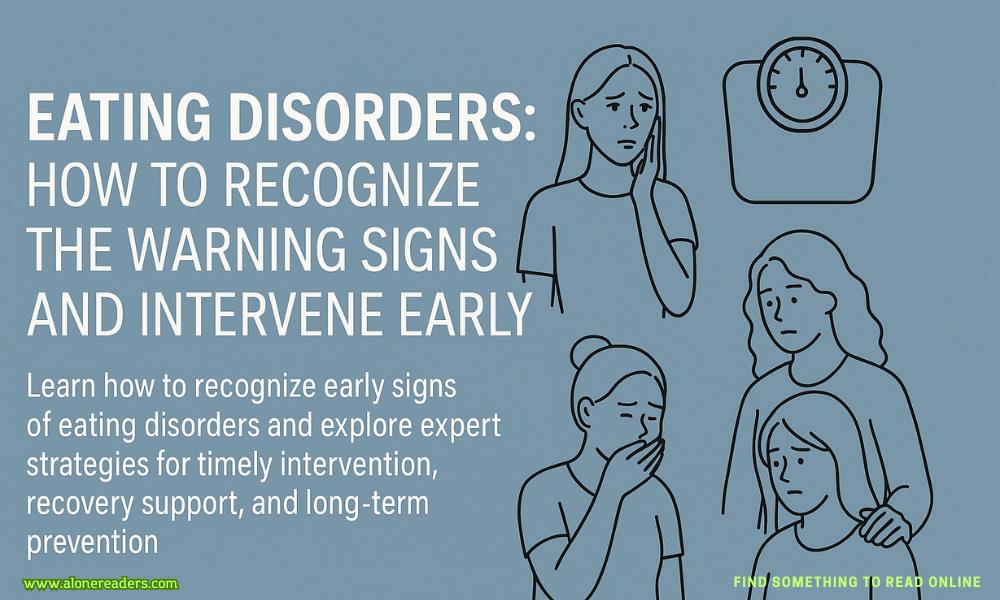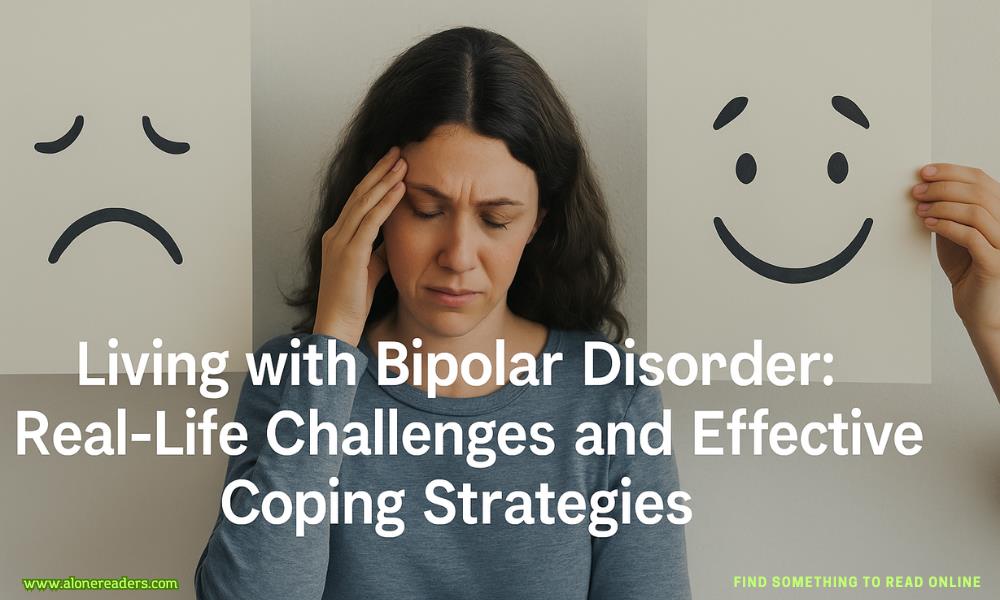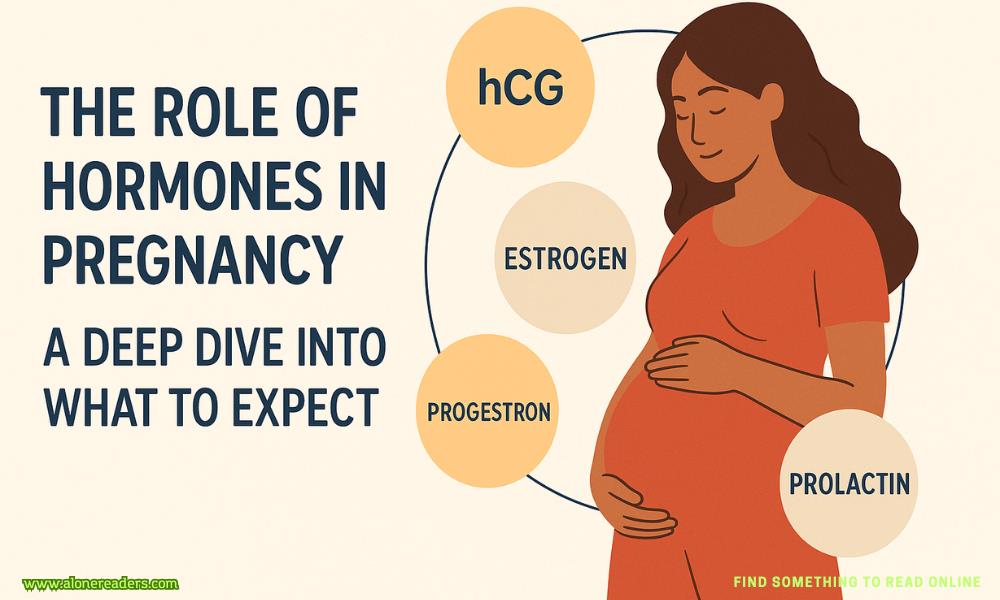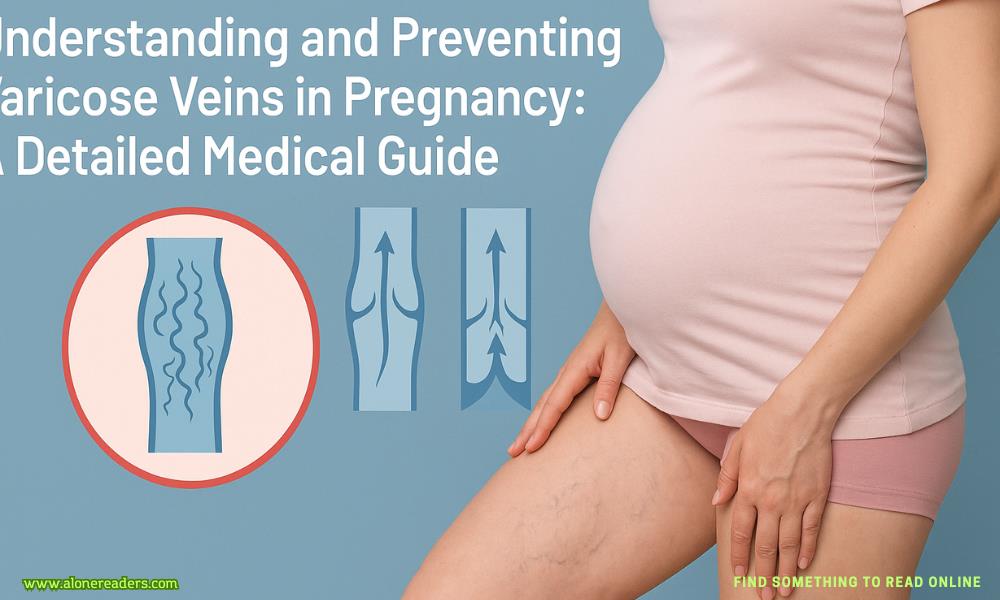Page 97 of Love and Loathing
It ought to be harder—and she knew it could be, that it could take years, that there was no guarantee at all—but it was crazy that it could sometimes happen this way, not even knowing it was being done. It was harder to rent a car. Harder to buy a house. There ought to be forms to fill in and licences to get and declarations of intent. There ought to be a plan.
A baby… God… An actual real baby… Aubrey’s baby. Her baby. How was it even possible…? She didn’t feel qualified, not to have her body in sole charge of something like this.
Aubrey’s hand tightened on hers, and there they were, standing before a little row of rectangular boxes, pink and white and blue.
She was so clueless she felt like laughing. “Which one?”
“I have no idea. Are they…different?”
“I don’t know. Should we get two?”
“Yes…?”
She glanced at him, nearly laughing again. It was very strange to see Aubrey Ford bewildered. But the scared-little-boy look left his eyes and he grabbed a box. She grabbed one, too, and they went to pay.
“Not Romona’s flat,” said Aubrey when they were back outside. “As much as I love all the bloody lovely crockery, I don’t want to find out there.”
So they walked to his car instead. He drove them to his place.I don’t even have a home,Evie was thinking.I don’t own a houseplant. How, how, how can this work?
But Aubrey was beside her, driving steadily and quietly through the city traffic. He didn’t have a job. She didn’t have a home. Nothing at all was how it should be, but somehow none of it seemed to matter. They were both fighters. The two of them never backed down. This baby, if it existed, would be sheltered from everything, protected and wanted and loved so fiercely—the both of them were equals in that, in how they loved, no matter how differently they showed it. And Aubrey…Aubrey would be the best father imaginable. If there was one thing she was sure of beyond anything, it was that.
She followed Aubrey into the flat. It felt still. Quiet. Hushed and waiting. But maybe that was all in her head. She only had to pee on a stick. It was very unglamorous for something so important. But babies were a bit like that. She had friends with small children. Knew a little bit about the poo and the nappies and the sicky drool. Babieswereunglamorous. Peeing on a stick was just the start.
“How are you doing?” Aubrey said, flicking on all the lights. He came back and helped her take off her coat. He’d been the one to carry the supermarket carrier bag into the flat, and now it sat on the counter, crinkled and innocuous.
“Nervous,” she said. “So nervous I feel sick.”
“Me, too.”
But he said it with a sympathetic smile, and the hand he put on her cold cheek was warm and kind. All her insides fluttered, all her feelings reaching for him through the pang in her chest, like a hand held out to the steady glow of a fire. She followed her feelings, stepped to him, and burrowed her head on his chest.
“It’ll be OK,” he said, his low voice both a feeling under her cheek and the warmth of his breath on her hair. “Whatever happens, it will be OK.”
“I want this,” she whispered.
He gave a quiet, rueful laugh. “I do, too, though I would have done it all properly, you know. Waited a few years. Married you first. Spent months reading books about folic acid and birthing balls and weird yoga.”
She laughed slightly and his arms tightened around her. “You still can.”
“Marry you?”
“Do yoga.”
He laughed. “I promise to do it all.”
“I need to say yes first.”
“I need to ask you first.”
“Maybe I’ll ask you.”
He gave a mock groan. “Oh God. You’re one of those hippy feminists, aren’t you? You won’t take my name. The baby won’t eat sugar until it’s twelve.”
“Gender neutral toys only.”
“All made from wood and straw.”
“I’ll wean it on knitted houmous.”
- The Prince's Secret Twins by Elizabeth Lennox
- Tangled Desires by Tory Baker
- At the Edge of Surrender by A.L. Jackson
- A Touch of Fate by Cora Reilly
- Untouchable Love by Lucy Darling
- After Hours by Caitlin Crews
- Shelter from the Storm by Mari Carr
- Someone Knows by Vi Keeland
- Hawk by Fiona Davenport
- The Silencer by Brooke Summers
- The Beat of her Heart by Emily Hayes
- The Neighbor's Son by K. Webster
- Vasily the Hammer by C.B. Alice
- Convenient Vows by D.C. Beks
- Wrapped in Silver by Sara Vice
- Ruined By Capture by Sherry Blake







